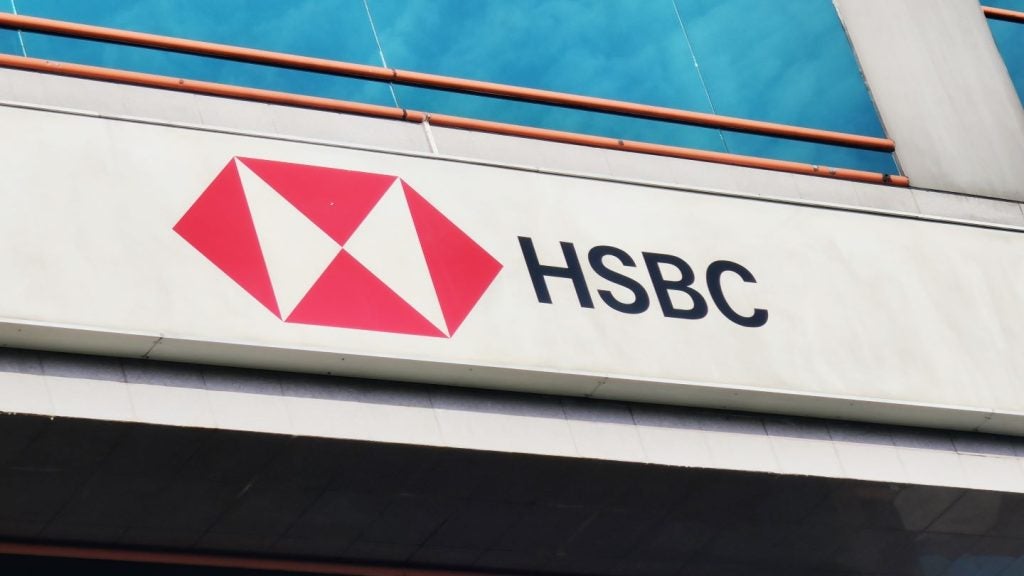
The Bank of England (BoE) has warned that banks should be prepared for increased scrutiny of their credit portfolio in the wake of ongoing economic crisis.
In a letter to bank CEOs, the central bank of the UK said rising interest rates, the soaring cost of living and inflation, geopolitical unrest, and supply chain disruptions are anticipated to affect the banks’ credit portfolios.

Access deeper industry intelligence
Experience unmatched clarity with a single platform that combines unique data, AI, and human expertise.
“Firms need to be ready for a prolonged period of stress,” the regulator warned.
The BoE’s assessment will be focused on areas such as retail credit card portfolios, unsecured personal loans, leveraged lending, commercial real estate, buy-to-let lending, and lending to small and medium-sized enterprises (SMEs).
“Firms should expect increased engagement with us, including targeted requests for enhanced data and analysis,” the regulator added.
The regulator also criticised the lenders’ approach to risk management and governance frameworks, which was highlighted by the default of Archegos Capital Management in 2022.

US Tariffs are shifting - will you react or anticipate?
Don’t let policy changes catch you off guard. Stay proactive with real-time data and expert analysis.
By GlobalDataThe market response to Russia’s invasion of Ukraine in 2022, as well as market volatility in the nickel and long-dated Gilt markets, highlighted the significance of strong risk cultures and effective risk management procedures at businesses.
“However, despite regular messaging from the Prudential Regulation Authority on the subject, these events demonstrated that firms continue to unintentionally accrue large and concentrated exposures to single counterparties, without fully understanding the risks that could arise,” the statement read.
Through both individual and cross-firm theme examinations, the BoE will continue to evaluate the risk management and control structures of businesses, with a focus on the ability of businesses to control counterparty risks, particularly to non-bank financial institutions.







